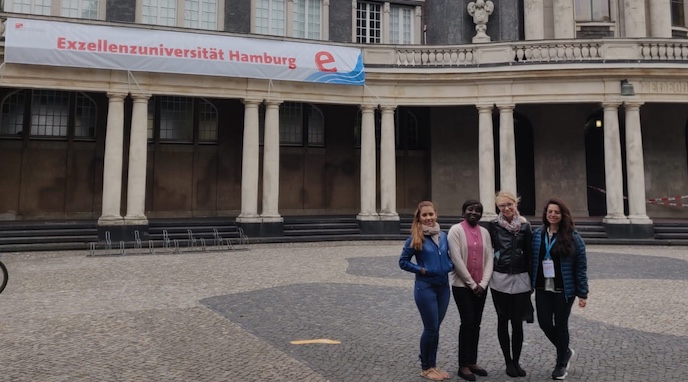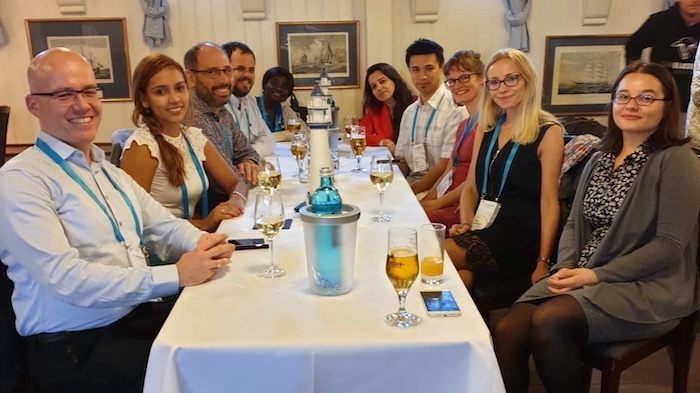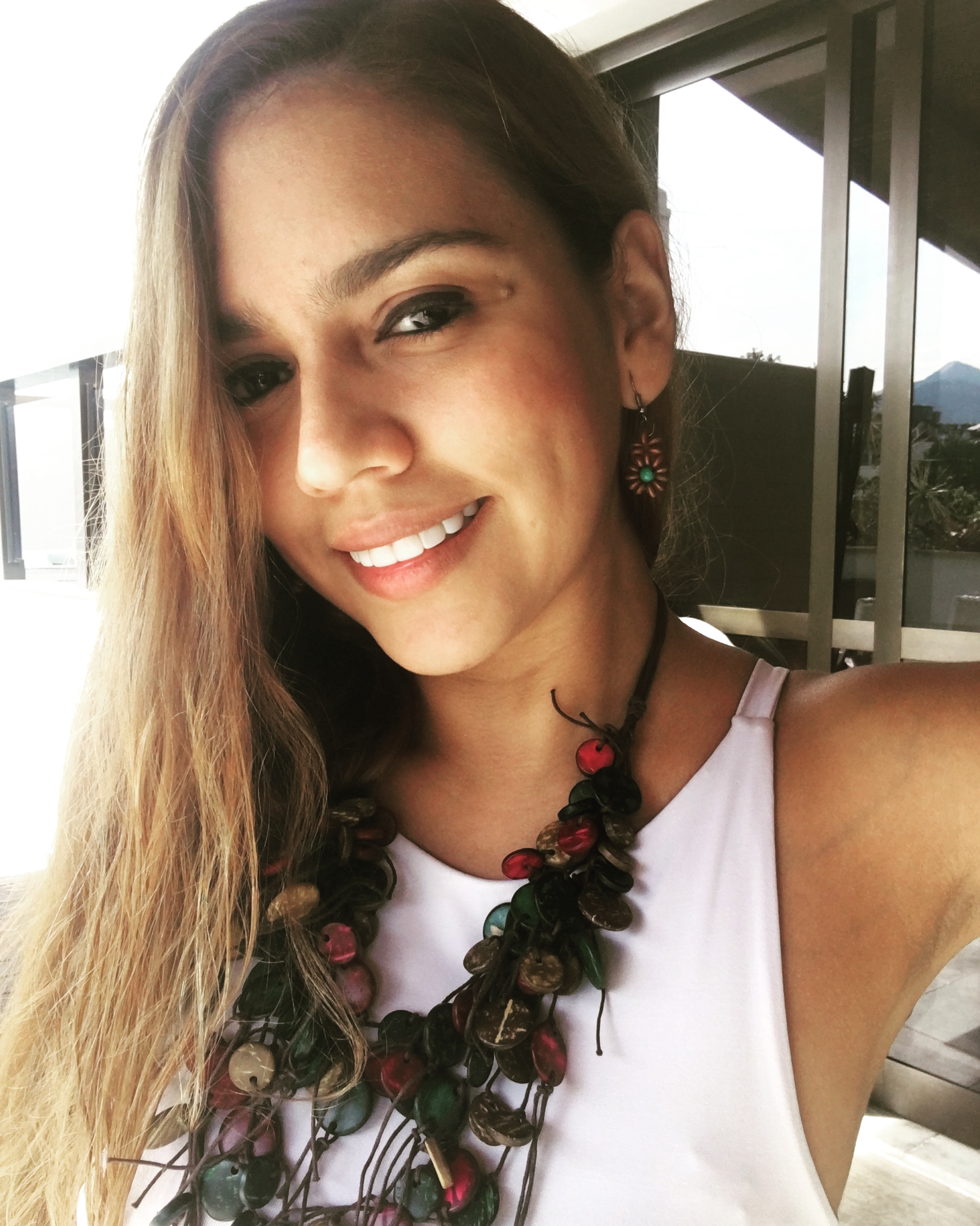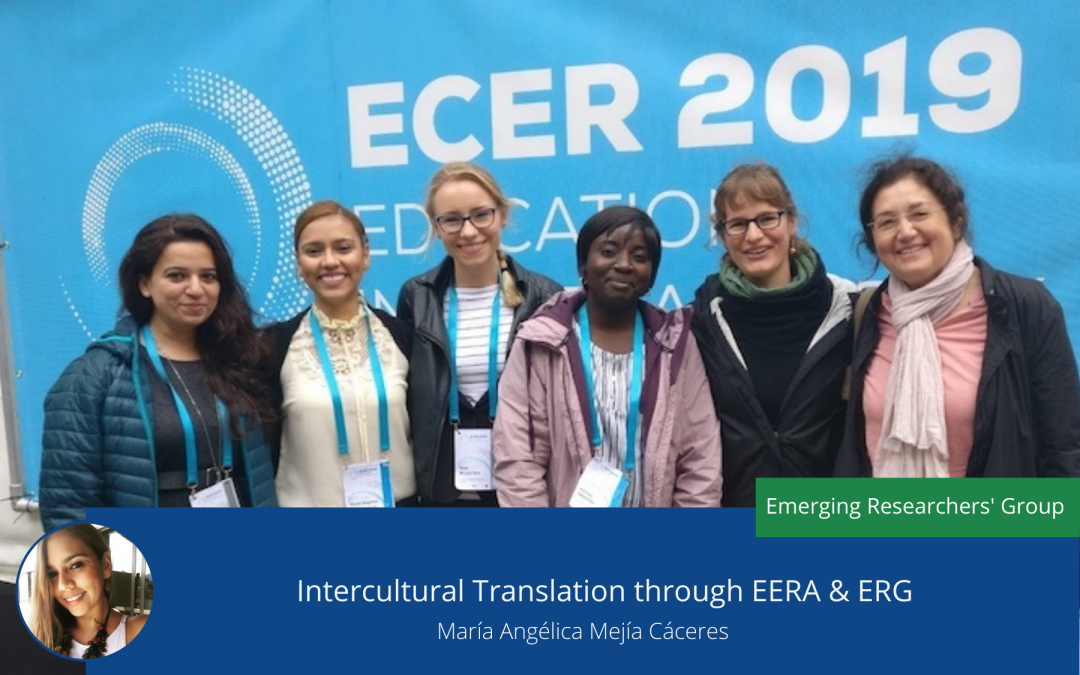María Angélica Mejía Cáceres first heard of EERA and ECER via a post on the web about the summer school: Doctoral Studies in Environmental and Sustainability Education: Contextualizing the Process at the University of Cambridge. It was the first event that María Angélica attended where she needed to speak English all the time so it was a bit of a challenge. María Angélica agreed to write about her experiences, both at the summer school and her further engagement with EERA at the European Conference on Educational Research (ECER) in 2019.
The Summer School in Cambridge
When I got to the Cambridge summer school, I was excited to meet recognized environmental education researchers from around the world, and I was glad to see other doctoral students who were interested in similar topics. As a consequence of this summer school, I did my visiting research in Canada in 2017 with one of the professors who led the summer school in Cambridge. These experiences generated my interest to participate in the European Conference on Educational Research, so I submitted to present two papers and to receive the bursary. And it happened! I was a bursary winner, and my papers were accepted.
The European Conference for Educational Research

The ERC and ECER moment was as I expected because it enabled me to have a dialogue with various researchers, acquiring knowledge, readings, experiences, and participating in debates, and activities.
In addition, participation in this conference was an opportunity for cultural exchange, and to recognize Latin representation with dignity because we want to have a voice in different spaces.
In Latin America, we have discussions about how Europeans and North American countries made hierarchical impositions and colonization. In response, we have developed the epistemology of the south.
We have other realities, other problems, but we are generating knowledge too, from other local interests. I agree that sometimes certain communities, such as Latin people, and their research are considered inferior.
“The South is rather a metaphor for the human suffering caused by capitalism and colonialism on the global level, as well as for the resistance to overcoming or minimizing such suffering.”
– Santos Boaventura

I am glad that I was a bursary winner, alongside other people from the south. I interpreted it as a step to break discrimination and to be inclusive. And I don’t feel that this was just with the bursary.
I observed it during the whole event. I participated actively in the conference, workshops, network meeting, social events, and meeting others. I learned about education, but also about the cultures, and the similarities and differences between our realities.
I had high expectations about what I would find in the Conference, and I am glad to have found it to be a high level, in comparison with other events in which I have participated in the past. In the ERC, I listened to the interesting, critical, and constructive comments of the participants. It shows the commitment of EERA to emerging researchers.
This congress helped me to create new connections with emerging researchers from Poland, India, Kenya, Germany, Spain (fellow bursary winners). I was also able to establish connections with professors who have distinguished trajectories. I hope to consolidate more through collaborations in projects, writing papers, and more. That for me is awesome because as Santos Boaventura so fittingly put it:
“In order to bring together different knowledges without compromising their specificity, we need intercultural translation.”
– Santos Boaventura
The ERC and ECER permit the intercultural translation!

María Angélica Mejía-Cáceres
Doctor in Sciences and Health Education, Federal University of Rio de Janeiro

